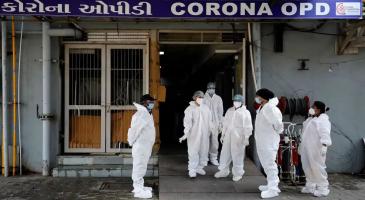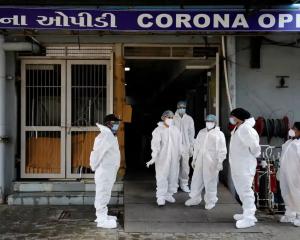India has called into question the methodology used by the WHO to calculate its death toll from Covid-19. Jon Wakefield, a professor of statistics and biostatistics at the University of Washington who was one of those involved in the modelling for the WHO, released a statement that explained the methodology in detail and rebutted the claims made by the Indian government about the veracity of the modelling.
In the News
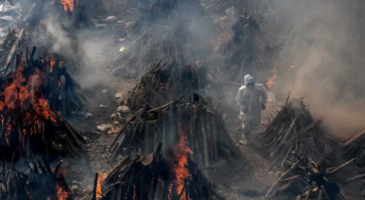
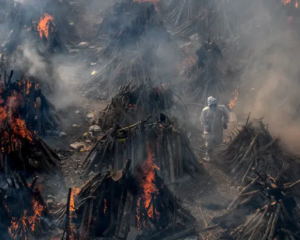
Jon Wakefield, UW professor of statistics and biostatistics who played a key role in building the model used for estimates of the World Health Organization global data of COVID death estimates is quoted in this story and says the numbers represent what statisticians and researchers call “excess mortality” — the difference between all deaths that occurred and those that would have been expected to occur under normal circumstances.


“It’s a multivitamin industry with really limited data to support their use,” said Dr. Garnet Anderson ('89), director of the Public Health Sciences Division of Fred Hutchinson Cancer Research Center. “At least not here in the U.S. where we have access to high-quality foods.”


Daniela Witten shares tips for PhD students in a post published by the Institute of Mathematical Statistics.


Internationally renowned biostatistician Dr. Xihong Lin, Professor of Biostatistics and Coordinating Director of the Program in Quantitative Genomics at the Harvard T.H. Chan School of Public Health and Professor of Statistics at the Faculty of Arts and Sciences of Harvard University, will be the recipient of the 2022 Marvin Zelen Leadership Award in Statistical Science
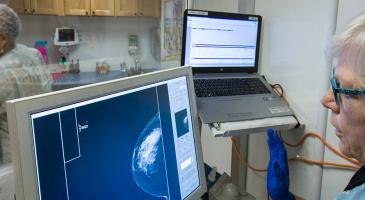

In a new study, co-authored by Biostatistics faculty members Lurdes Inoue and Ruth Etzioni, researchers show reports of mammograms’ harms were exaggerated.
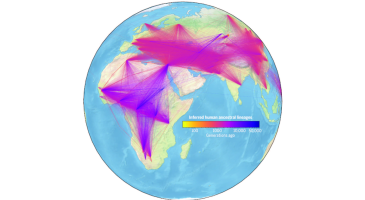
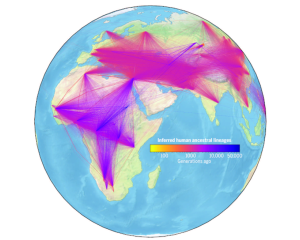
A team of scientists has combined modern and ancient genomes to build a new “genealogy of everyone,” in an achievement that sets the groundwork for future studies into our evolution and global spread. UW Research Professor of Biostatistics Sharon Browning is quoted.
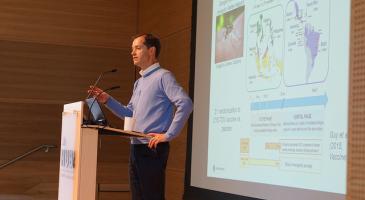

A multi-division collaboration took a broad, sequence-based approach to reveal which SARS-CoV-2 proteins may drive COVID-19 related hospitalization. These findings were published recently in Scientific Reports. Fred Hutch researcher and University of Washington Professor of Biostatistics Peter Gilbert contributed to this work.
